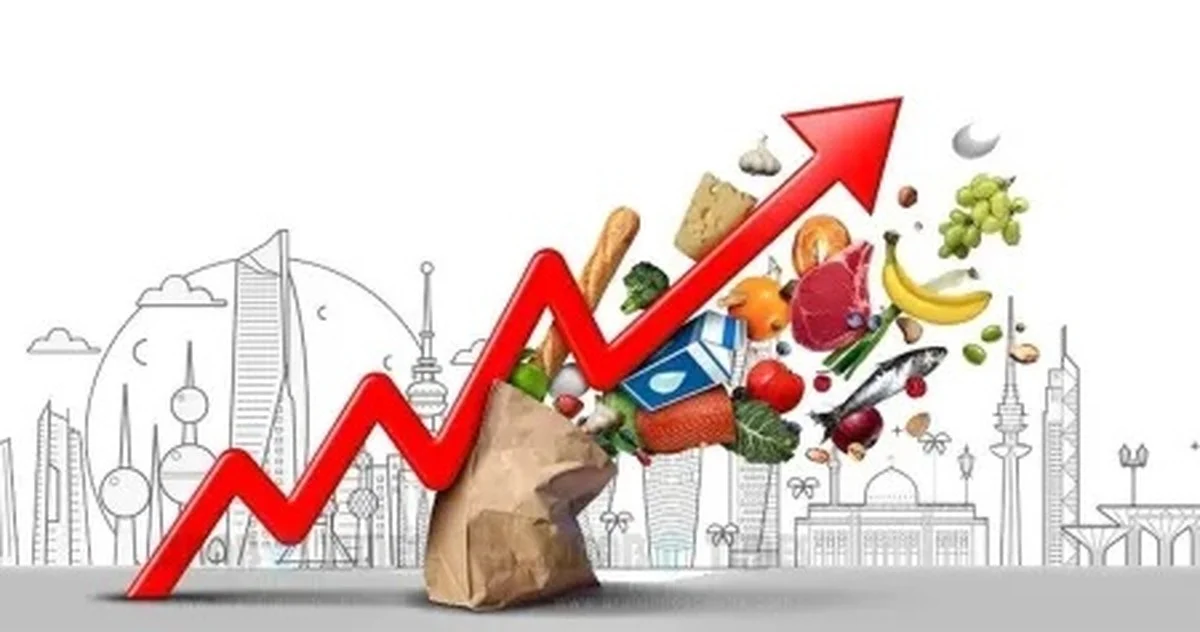26/03/2025
26/03/2025

KUWAIT CITY, March 26: Kuwait's inflation rate remained steady at 2.49% in February, with notable year-on-year increases in food and service prices, according to the latest data from the Central Statistical Bureau. This figure was in line with the 2.5% inflation seen in both January and December.
In February, the consumer price index (CPI) reached 135.7, reflecting continued price increases across several major expenditure categories. While the overall inflation rate remained moderate, certain sectors experienced significant annual cost hikes.
The food and beverage sector recorded a 5.23% year-on-year increase, while the clothing and footwear sector saw a 4.63% surge. Prices in the miscellaneous goods and services sector rose by 5.46%, driven largely by higher costs for personal goods and services. Healthcare costs also saw a notable increase of 4.08%, and the furnishing and household maintenance sector rose by 3.04%.
Kuwait's inflation trends align closely with those of other Gulf Cooperation Council (GCC) countries. Saudi Arabia’s inflation remained steady at 2% year-on-year in February, mainly driven by an 8.5% rise in housing rents. In contrast, Oman recorded a milder 1% annual inflation increase in February, with a 6.3% rise in the personal goods and miscellaneous services sector.
The Central Statistical Bureau’s report highlighted price trends across various expenditure groups, providing insight into the movement of key categories within the CPI. Despite overall inflation remaining relatively stable, Kuwait’s housing services sector showed minimal movement, rising just 0.90% annually and remaining unchanged month-on-month.
Transportation prices declined by 1.19% year-on-year but saw a slight monthly uptick of 0.07%. The communication sector experienced a slight annual increase of 0.88%, while the recreation and culture sector rose by 2.48%. Education costs saw a modest 0.71% increase, and the restaurants and hotels sector recorded a 2.03% rise compared to February 2024.
The report also revealed that the total index, excluding food, rose by 1.93% annually, while the total index, excluding housing, increased by 3.13%. These figures suggest that inflationary pressures are mainly driven by non-housing-related expenses.
Kuwait's economy continues to recover in its non-oil sector, supported by easing inflation. The country’s non-oil exports rose to 23.2 million dinars ($74.9 million) in December, marking a 12.08% month-on-month increase, according to the Ministry of Commerce and Industry.
In its latest consultation with Kuwait in December, the International Monetary Fund (IMF) highlighted the recovery of the non-oil sector amid easing inflation. However, the IMF also noted a 1.5% contraction in GDP for the second quarter of 2024, driven by a 6.8% drop in the oil sector.


